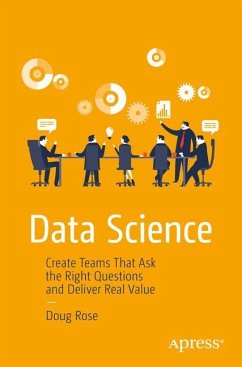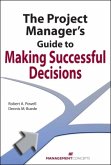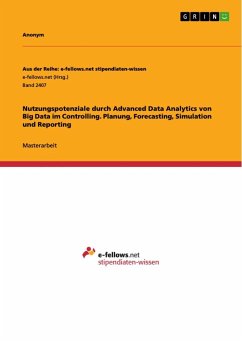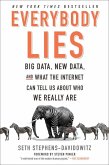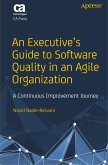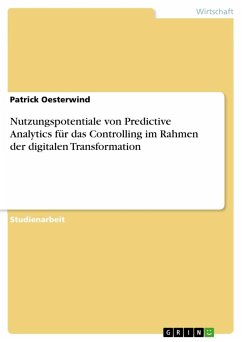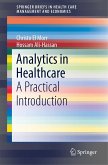Learn how to build a data science team within your organization rather than hiring from the outside. Teach your team to ask the right questions to gain actionable insights into your business.
Most organizations still focus on objectives and deliverables. Instead, a data science team is exploratory. They use the scientific method to ask interesting questions and run small experiments. Your team needs to see if the data illuminate their questions. Then, they have to use critical thinking techniques to justify their insights and reasoning. They should pivot their efforts to keep their insights aligned with business value. Finally, your team needs to deliver these insights as a compelling story.
Insight!: How to Build Data Science Teams that Deliver Real Business Value shows that the most important thing you can do now is help your team think about data. Management coach Doug Rose walks you through the process of creating and managing effective datascience teams. You will learn how to find the right people inside your organization and equip them with the right mindset. The book has three overarching concepts:
You should mine your own company for talent. You can't change your organization by hiring a few data science superheroes.
You should form small, agile-like data teams that focus on delivering valuable insights early and often.
You can make real changes to your organization by telling compelling data stories. These stories are the best way to communicate your insights about your customers, challenges, and industry.
What Your Will Learn:Create data science teams from existing talent in your organization to cost-efficiently extract maximum business value from your organization's data
Understand key data science terms and concepts
Follow practical guidance to create and integrate an effective data science teamwith key roles and the responsibilities for each team member
Utilize the data science lifecycle (DSLC) to model essential processes and practices for delivering value
Use sprints and storytelling to help your team stay on track and adapt to new knowledge
Who This Book Is For
Data science project managers and team leaders. The secondary readership is data scientists, DBAs, analysts, senior management, HR managers, and performance specialists.
Most organizations still focus on objectives and deliverables. Instead, a data science team is exploratory. They use the scientific method to ask interesting questions and run small experiments. Your team needs to see if the data illuminate their questions. Then, they have to use critical thinking techniques to justify their insights and reasoning. They should pivot their efforts to keep their insights aligned with business value. Finally, your team needs to deliver these insights as a compelling story.
Insight!: How to Build Data Science Teams that Deliver Real Business Value shows that the most important thing you can do now is help your team think about data. Management coach Doug Rose walks you through the process of creating and managing effective datascience teams. You will learn how to find the right people inside your organization and equip them with the right mindset. The book has three overarching concepts:
You should mine your own company for talent. You can't change your organization by hiring a few data science superheroes.
You should form small, agile-like data teams that focus on delivering valuable insights early and often.
You can make real changes to your organization by telling compelling data stories. These stories are the best way to communicate your insights about your customers, challenges, and industry.
What Your Will Learn:Create data science teams from existing talent in your organization to cost-efficiently extract maximum business value from your organization's data
Understand key data science terms and concepts
Follow practical guidance to create and integrate an effective data science teamwith key roles and the responsibilities for each team member
Utilize the data science lifecycle (DSLC) to model essential processes and practices for delivering value
Use sprints and storytelling to help your team stay on track and adapt to new knowledge
Who This Book Is For
Data science project managers and team leaders. The secondary readership is data scientists, DBAs, analysts, senior management, HR managers, and performance specialists.
"This fine book ... guides those responsible for building such a team on how to build the best possible data science team for her/his organization. ... It explains not only the internal workings of optimum data science teams, but also the activities that happen around such teams. ... a very useful book for managers who need to create and govern teams that handle data science in the best possible way for their organizations, without having to learn data science." (Computing Reviews, June, 2017)

